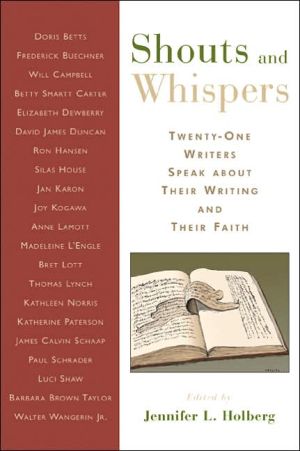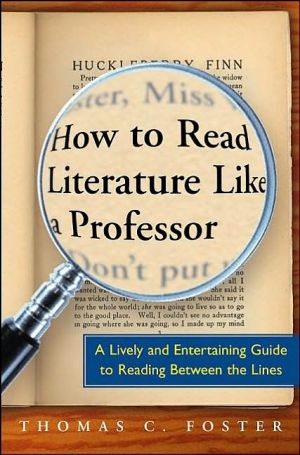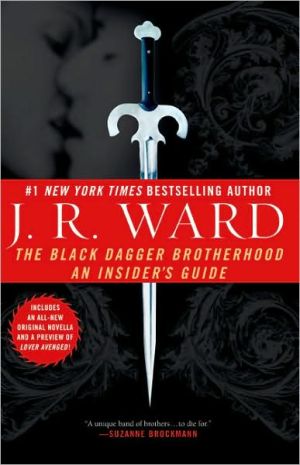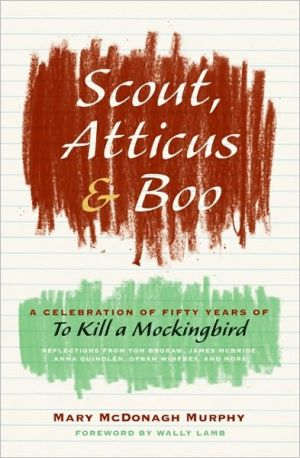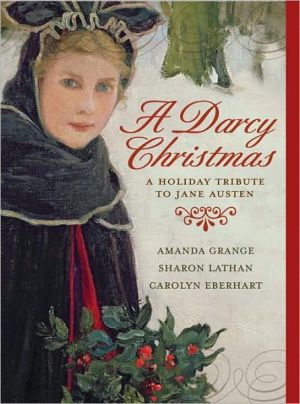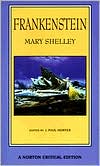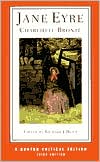Shouts and Whispers: Twenty-One Writers Speak about Their Writing and Their Faith
Flannery O'Connor once wrote that "to the hard of hearing you shout, and for the almost-blind you draw large and startling figures." Some of the twenty-one well-known writers included in this book prefer to "shout," as O'Connor did, while others offer what Doris Betts calls "whispering hope." Shouts and Whispers contains a fascinating array of reflections on topics surrounding the often-perilous intersection of writing and faith. The authors all agree that literature can help us to be more...
Search in google:
Flannery O'Connor once wrote that "to the hard of hearing you shout, and for the almost-blind you draw large and startling figures." Some of the twenty-one well-known writers in this book prefer to "shout," as O'Connor did, while others offer what Doris Betts calls "whispering hope." Shouts and Whispers contains a fascinating array of reflections on topics surrounding the often-perilous intersection of writing and faith. The authors all agree that literature can help us to be more faithful, yet they approach the subject in ways as diverse as their biographies. Some, like Katherine Paterson and Frederick Buechner, propose models of how literature and belief can fruitfully intersect. Several authors offer insightful metaphors for the experience of doing faith-filled writing, while others speak of writing as finding hope in the midst of brokenness. Finally, in essays by Madeleine L'Engle, Thomas Lynch, and others, readers are encouraged to make the connection between writing and embodiment, translating words into actions. While the essays, addresses, and interviews in Shouts and Whispers are by no means the final word, they will provoke rich and nuanced reflection on the dynamic relationship between faith and writing.Publishers WeeklyWhat does it mean to be a writer working in a context of faith? Answers to this question and others are the crux of this meaty, thoughtful volume of essays edited from speeches and interviews at the biennial Calvin Festival of Faith and Writing. As with most collections, there is some unevenness but also welcome diversity. The essays range from the gentle simplicity of Jan Karon to David James Duncan's assertion that when writing and faith collide, we'll need to find ways to clean up the "wreckage." Katherine Paterson deservedly gets two chapters; Madeleine L'Engle offers an autobiographical look at writing fiction; and literary novelist Bret Lott is unabashedly evangelical. It's hard to go wrong with essays from the esteemed Frederick Buechner, Ron Hansen (who remarks on the "sabotage of the fictional dream by forcing one's characters to perform the role of mouthpieces"), Elizabeth Dewberry or the delightful Thomas Lynch. There are also interviews with Anne Lamott and Kathleen Norris, and Garry Wills's excellent conversation with screenplay writer and film director Paul Schrader. This collection should be required study for writers of faith and their readers. (June) Copyright 2006 Reed Business Information.
IntroductionxiWay Beyond Belief: The Call to Behold1Image and Imagination13The Eyes of the Heart29Whispering Hope35Why Have We Given Up the Ghost? Notes on Reclaiming Literary Fiction43An Interview by Linda Buturian61Glory into Glory72Writing as Subversion85Writing as an Act of Worship95Faith and Fiction105An Interview by Garry Wills113The Miracle and the Myth120Writing and Knowing130No Bible-Beating Allowed152An Interview by Henry Baron162Tired of Victory, Bored by Defeat: Restoring Proper Sadness to Christian Art172The Collision of Faith and Fiction: Cleaning Up the Wreckage183An Interview by Linda Buturian194Reversing Entropy201The Cosmic Questions214Faith and Fashion Blunders: Shifting Metaphors of Mortality225Making Meaning240Acknowledgments256
\ Publishers WeeklyWhat does it mean to be a writer working in a context of faith? Answers to this question and others are the crux of this meaty, thoughtful volume of essays edited from speeches and interviews at the biennial Calvin Festival of Faith and Writing. As with most collections, there is some unevenness but also welcome diversity. The essays range from the gentle simplicity of Jan Karon to David James Duncan's assertion that when writing and faith collide, we'll need to find ways to clean up the "wreckage." Katherine Paterson deservedly gets two chapters; Madeleine L'Engle offers an autobiographical look at writing fiction; and literary novelist Bret Lott is unabashedly evangelical. It's hard to go wrong with essays from the esteemed Frederick Buechner, Ron Hansen (who remarks on the "sabotage of the fictional dream by forcing one's characters to perform the role of mouthpieces"), Elizabeth Dewberry or the delightful Thomas Lynch. There are also interviews with Anne Lamott and Kathleen Norris, and Garry Wills's excellent conversation with screenplay writer and film director Paul Schrader. This collection should be required study for writers of faith and their readers. (June) Copyright 2006 Reed Business Information.\ \
